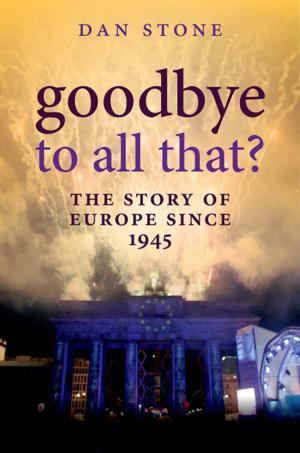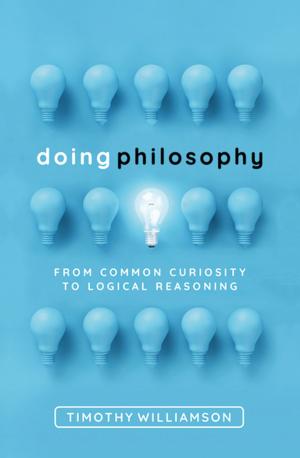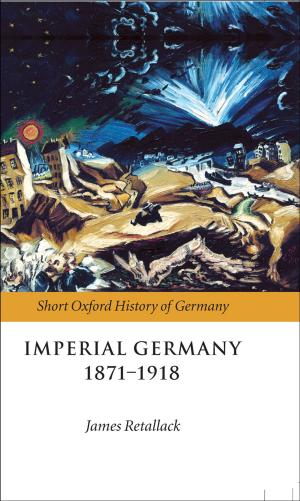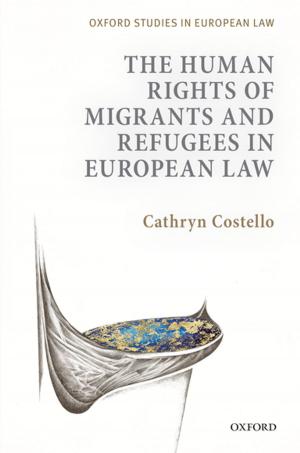| Author: | John Pemble | ISBN: | 9780192526014 |
| Publisher: | OUP Oxford | Publication: | November 17, 2017 |
| Imprint: | OUP Oxford | Language: | English |
| Author: | John Pemble |
| ISBN: | 9780192526014 |
| Publisher: | OUP Oxford |
| Publication: | November 17, 2017 |
| Imprint: | OUP Oxford |
| Language: | English |
For a thousand years, Rome was enshrined in myth and legend as the Eternal City. No Grand Tour would be complete without a visit to its ruins. But from 1870 all that changed. A millennium ended as its solitary moonlit ruins became floodlit monuments on traffic islands, and its perimeter shifted from the ancient nineteen-kilometre wall with twelve gates to a fifty-kilometre ring road with thirty-three roundabouts and spaghetti junctions. The Rome We Have Lost is the first full investigation of this change. John Pemble musters popes, emperors, writers, exiles, and tourists, to weave a rich fabric of Roman experience. He tells the story of how, why, and with what consequences that Rome, centre of Europe and the world, became a national capital: no longer central and unique, but marginal and very similar in its problems and its solutions to other modern cities with a heavy burden of 'heritage'. This far-reaching book illuminates the historical significance of Rome's transformation and the crisis that Europe is now confronting as it struggles to re-invent without its ancestral centre — the city that had made Europe what it was, and defined what it meant to be European.
For a thousand years, Rome was enshrined in myth and legend as the Eternal City. No Grand Tour would be complete without a visit to its ruins. But from 1870 all that changed. A millennium ended as its solitary moonlit ruins became floodlit monuments on traffic islands, and its perimeter shifted from the ancient nineteen-kilometre wall with twelve gates to a fifty-kilometre ring road with thirty-three roundabouts and spaghetti junctions. The Rome We Have Lost is the first full investigation of this change. John Pemble musters popes, emperors, writers, exiles, and tourists, to weave a rich fabric of Roman experience. He tells the story of how, why, and with what consequences that Rome, centre of Europe and the world, became a national capital: no longer central and unique, but marginal and very similar in its problems and its solutions to other modern cities with a heavy burden of 'heritage'. This far-reaching book illuminates the historical significance of Rome's transformation and the crisis that Europe is now confronting as it struggles to re-invent without its ancestral centre — the city that had made Europe what it was, and defined what it meant to be European.















